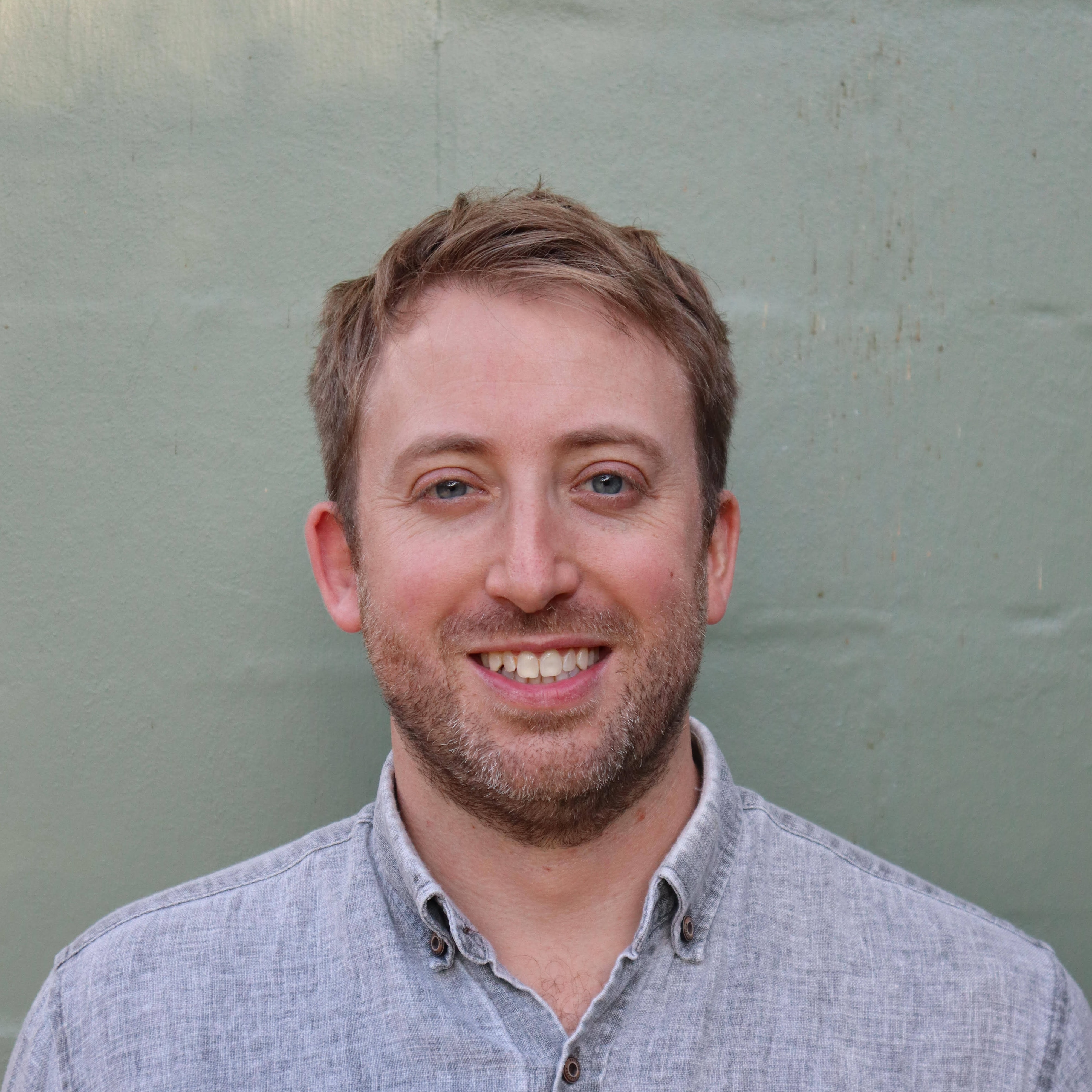Consulting
Building on over a decade of academic research in decision-making, motivation, fatigue, and stress, I offer specialised consulting services that translate complex data into actionable insights. My unique value lies not only in understanding human behaviour in work environments but also in my expertise in advanced analytic methods. This dual focus allows me to provide tailored, data-driven solutions that improve workforce health, safety, and performance.
With a PhD from the University of Western Australia and over a decade of experience at the University of Queensland, my work has been at the forefront of advancing methods for analysing complex human data. As a consultant, I apply this expertise to help organisations leverage their data to solve complex people-related challenges.
My Approach
I partner with organisational psychologists, HR teams, and health & safety professionals—both in-house teams and consultancies—to enhance their analytics capabilities and build stronger evidence to inform the decisions that matter most. I work collaboratively alongside your team to build sustainable analytical approaches to your most complex workforce challenges. Every engagement is tailored to your team’s needs. I offer strategic advisory on analytical approaches for teams that need expert input. I also offer collaborative partnerships where we design and analyse together. Or I can provide full-service analysis, handling the complete workflow from data preparation to statistical modelling to actionable insights about key drivers and intervention points.
My approach moves beyond backward-looking reports or dashboards to focus on understanding why things happen so you know where to intervene, and predicting what will happen so you can quantify ROI. Whether you’re trying to identify key drivers of turnover, demonstrate compliance with psychosocial safety regulations, or build evidence-based business cases for interventions, I help you transform data into strategic decisions that improve workforce outcomes.
For examples of my analytical approach in action, check out my blog where I share research insights on important organisational questions.
Common Challenges I Address
| Core Function | Key Question | Common Challenge | How I Help |
|---|---|---|---|
| Talent Acquisition | Which candidate attributes actually predict performance and retention? | Hiring relies heavily on resumes and interviews with little evidence linking methods to outcomes | Apply advanced statistical methods and predictive analytics to your organisational data to identify which attributes and assessment tools actually predict success. Quantify the ROI of improving selection validity. |
| Learning & Development | Did this program improve performance, retention, or business outcomes? | Training effectiveness judged by satisfaction scores rather than actual impact | Use pre/post testing, causal inference methods, and machine learning models to identify not just if training worked, but for whom and whether it justified the investment. |
| Health, Safety & Wellbeing | How can we proactively reduce injuries and manage psychosocial risk? | Reliance on lagging indicators. Struggle to meet new psychosocial regulations | Integrate diverse data sources (survey data, HR records, incident reports) to build predictive models that identify leading indicators. Provide evidence-based insights for interventions and compliance. |
| Retention & Workforce Planning | Who is likely to leave, and what can we do to retain them? | Retention efforts often rely on annual surveys or anecdotal feedback, offering limited insight into actual drivers of turnover | Use predictive models combining quantitative data analysis with psychological insights to uncover risk factors and quantify individual and team-level attrition risk. Identify high-risk groups and forecast the impact of targeted retention strategies. |
Recent Projects
Fatigue Forecasting in Safety-Critical Work Environments
I developed an algorithm to predict fatigue levels in naval submarine crews, enabling more informed crewing decisions that ensure performance is maintained in critical situations. This algorithm was integrated into a software application, designed to assist with rostering of shift work in high reliability environments. The tool helps managers reduce the risk of fatigue-related performance issues by optimising shift assignments, improving both safety and operational efficiency. Read more about this project here.
Designing Next-Generation Remotely Piloted Aircraft Systems
I developed a computational model that simulates the workflow and task allocation of remotely piloted aircraft crews. The model provided nuanced insights into how task distribution, workload, communication patterns, and decision-making processes interact, revealing areas where safety risks or inefficiencies could occur. By understanding these interactions, the model helps identify opportunities to redesign workflows, improving both safety and crew efficiency.
Mental Wellbeing and Working Hours
I developed a new hierarchical Bayesian modelling approach for identifying individual differences in the long-term effects of working hours on mental health, enabling actionable recommendations for workforce wellbeing. This approach allows for insights not only about average effects across a workforce, but also in the variation in effects, including the proportion of employees that may be adversely affected by certain policies and the factors that may mitigate those adverse effects. This allowed for more targeted recommendations to improve workforce wellbeing.
Getting Started
If you’re interested in working with me, let’s have a (free) conversation so I can understand your needs and see how I can help. Send me an email to get the conversation started.
